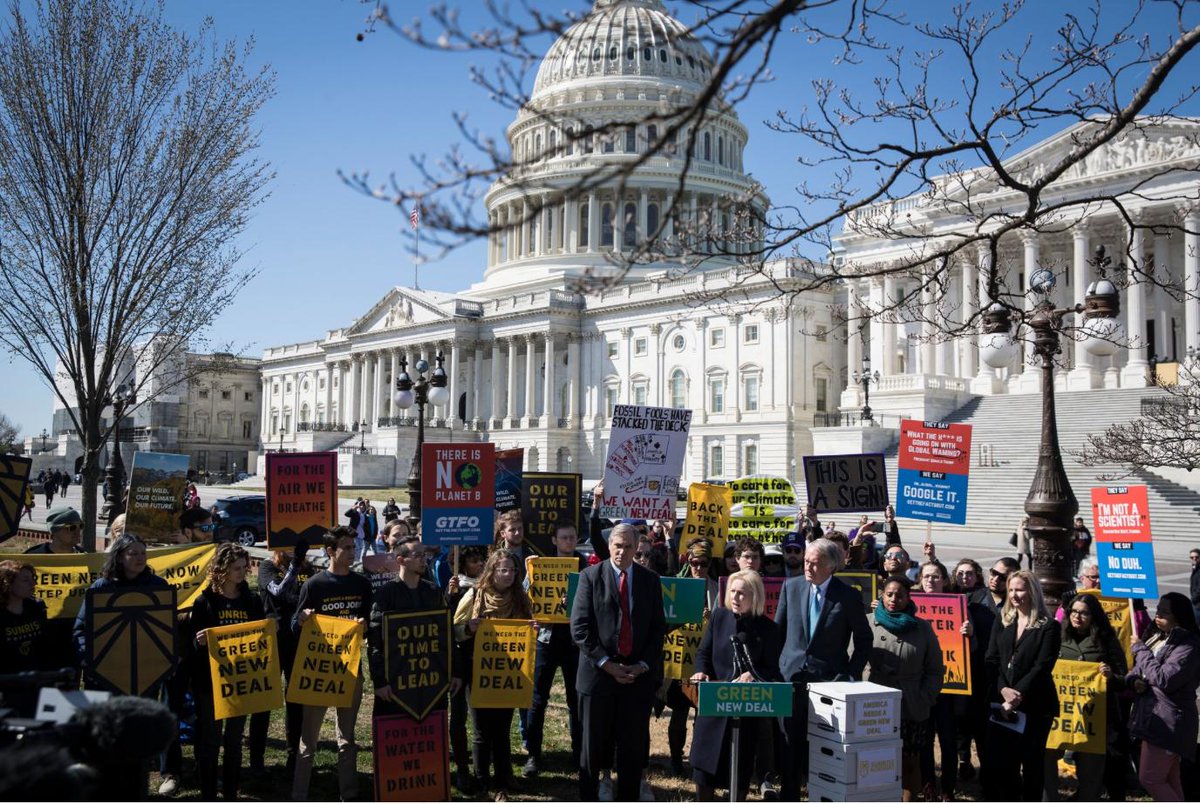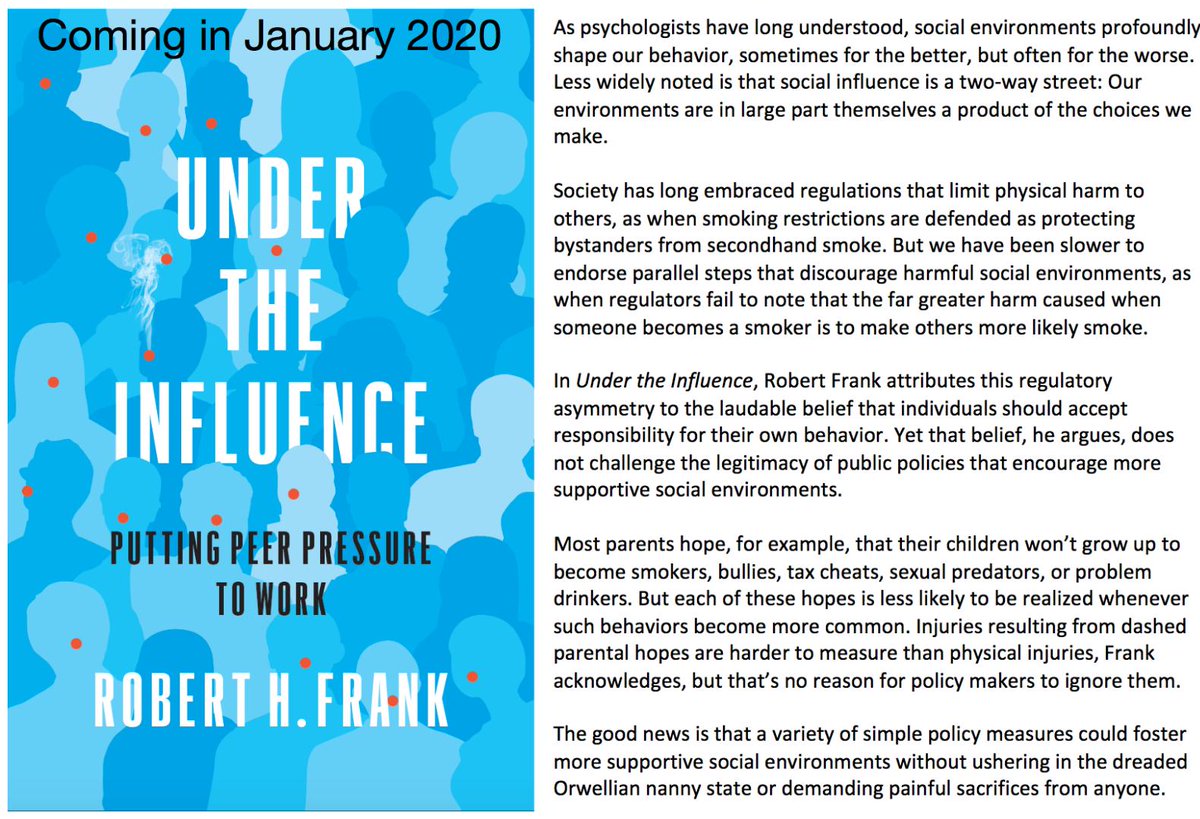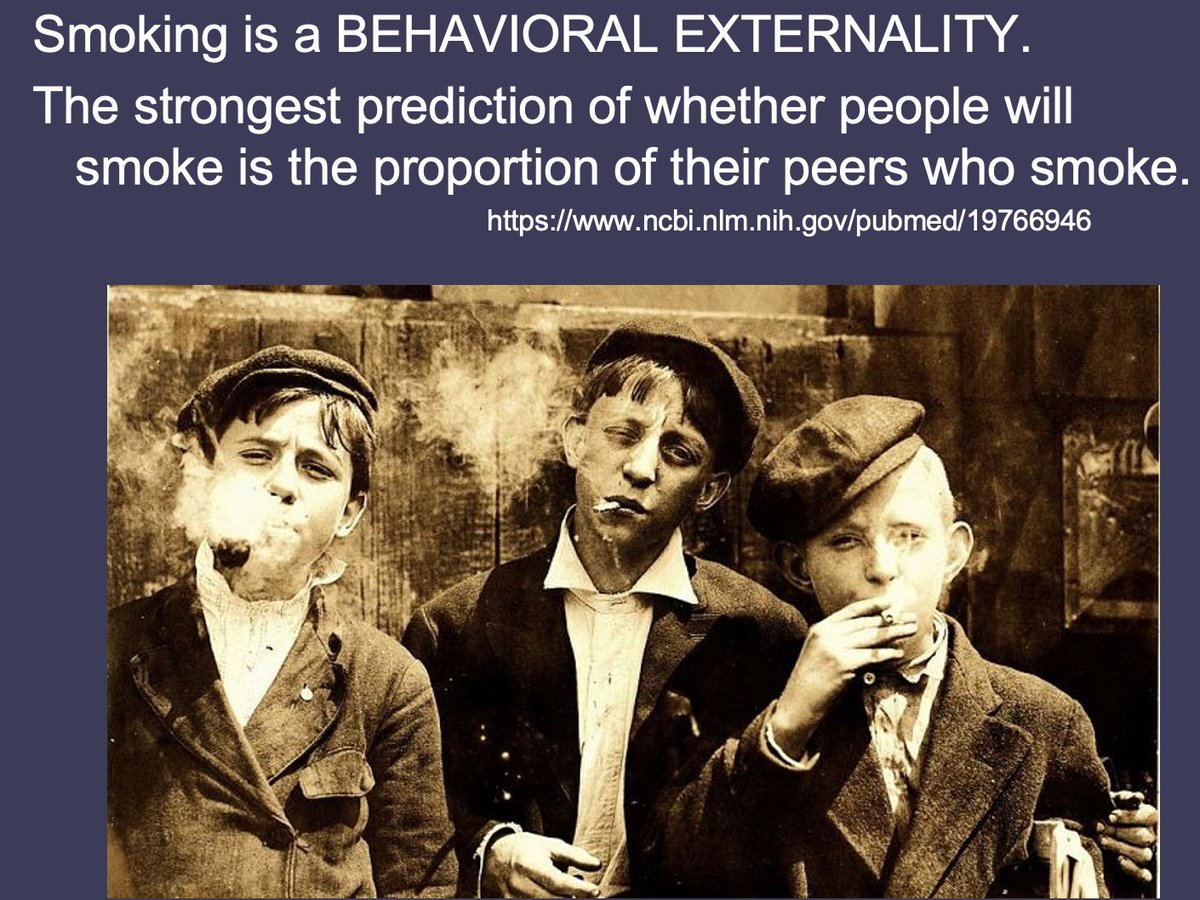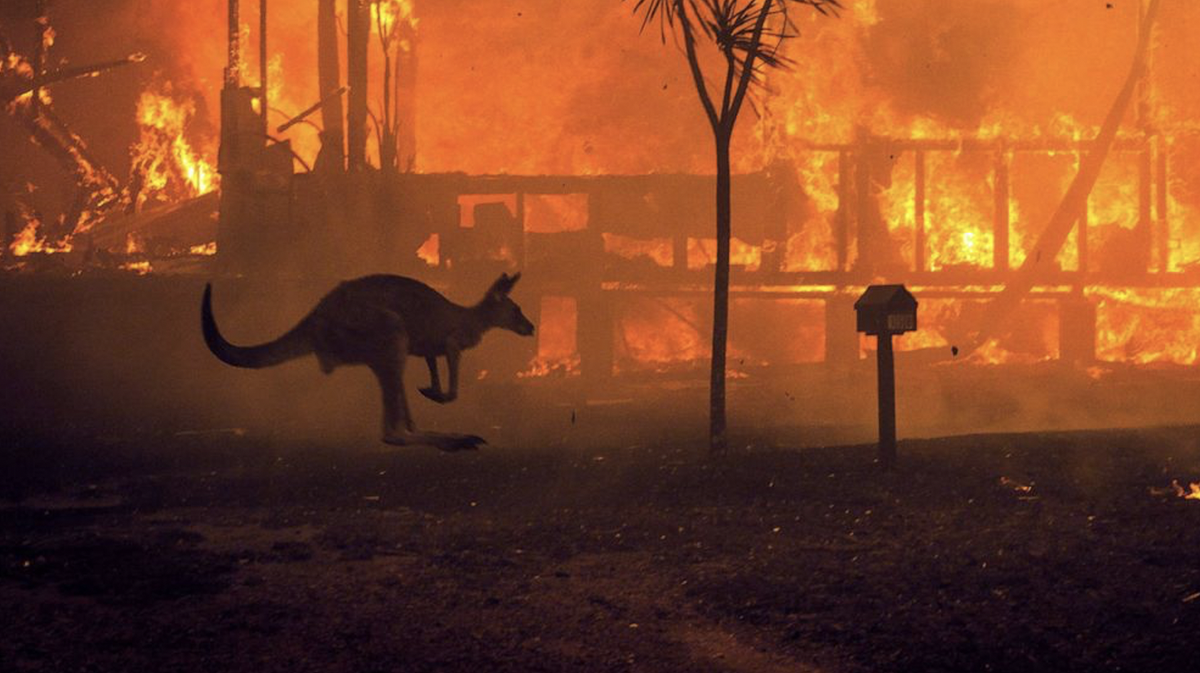1/ Many have argued that current institutional arrangements in the US are heavily tilted in favor of the wealthy. In one sense, this is obviously correct. 

2/ But in another sense, it is profoundly mistaken. In a brilliant book due out next month, Yale law professor Daniel Markovits offers a more nuanced view. 

3/ The same institutional arrangements that ostensibly benefit the wealthy, Markovits argues, have actually made their lives quite miserable. An excerpt appears in the September issue of THE ATLANTIC:
theatlantic.com/magazine/archi…
theatlantic.com/magazine/archi…

4/ Markovits proposes a variety of institutional reforms, each of which merits serious consideration. But the real low-hanging fruit lies in a few simple changes in our tax system.
5/ In this brief talk, I explain why more steeply progressive taxation would not only demand no painful sacrifices from the wealthy but would actually greatly improve the quality of their lives:
The Mother of All Cognitive Illusions
https://twitter.com/econnaturalist/status/1155914335300071426?s=20
The Mother of All Cognitive Illusions

6/ This insight has important policy implications for our two most pressing challenges: the climate crisis and rising economic inequality. Critics of the Green New Deal argue that tackling these problems simultaneously guarantees failure in both domains. But that's wrong. 

7/ In my own forthcoming book (now available for preorder), I explain why the best policies for battling both problems are actually deeply synergistic. Success against each becomes much more likely if we tackle both simultaneously.
amazon.com/Under-Influenc…
@350 @sunrisemvmt
amazon.com/Under-Influenc…
@350 @sunrisemvmt

• • •
Missing some Tweet in this thread? You can try to
force a refresh












